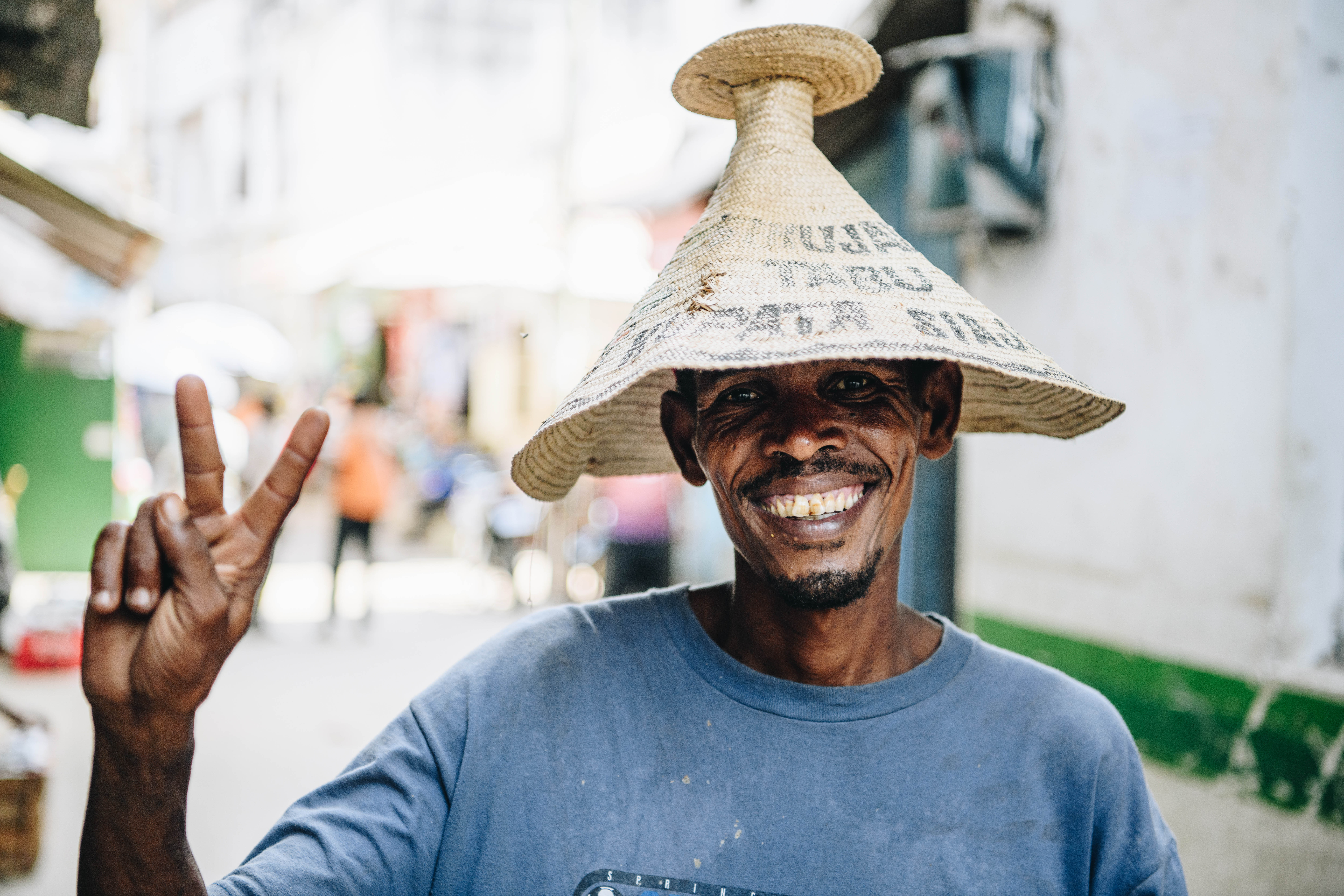It takes a village to cultivate a culture of Peace.
September 20, 2024

A whole of society approach is critical in advancing peacebuiling - ranging from prevention of violent extremism, early warning and response mechanisms, reconciliation initiatives, community dialogues, and more.
The Gulf of Guinea (Benin, Côte d'Ivoire, Ghana, and Togo) has faced challenges in preventing and responding to activities by violent extremist groups expanding their reach from Burkina Faso, Mali, and Niger. According to the Global Terrorism Index, the countries in the Gulf of Guinea – in particular Benin and Togo – have seen significant deterioration as a result of the spread of violent extremism from the neighbouring countries. The 35 attacks and 90 deaths that occurred in Benin and Togo in 2023 were attributed to violent extremist groups, and both countries for the first time recorded more than 40 deaths from violent extremism. In addition, the spread of violent extremism into the Northern Regions of Ghana also presents an obstacle to peaceful co-existence in the rural border communities.
Worrying trends such as (youth) unemployment and economic inequality, as well as discrimination, competition over land and natural resources, and corruption issues, have left certain communities feeling marginalized and excluded. Extremist groups take advantage of grievances and local conflicts to recruit new members and expand their influence, especially in remote areas and the rural border communities.

Community dialogues are crucial to preventing conflict and violent extremism.
Community-led dialogues as crucial platforms for building trust and promoting peaceful co-existence.
In remote areas where communities are particularly vulnerable to external threats the involvement of local communities is key to identifying and alerting the national authorities of potential signs of conflict and signs of vulnerability that may be exploited by violent extremist groups. Earlier in 2024, Jonathan, a young community leader, participated in the Upper East Regional Peace Council trust-building dialogue in his community. Jonathan and the other participants learned about the important role that they play in identifying early warning signs of conflict and violent extremism. Jonathan shared, “We learned so much, especially about the drivers of violent extremism and what we should do as a community.”
UNDP’s “Preventing and Responding to Violent Extremism in the Atlantic Corridor” project, works with local partners in the four countries in the Gulf of Guinea including Burkina Faso to establish local infrastructures for peace and strengthen Early Warning and Early Response (EWER) mechanisms. Through this work, and in line with the New Agenda for Peace, UNDP calls for an inclusive whole-of-government and whole-of-society approach to building trust and preventing conflict. The essential role of local actors in the communities highlighted in the UNDP Journey to Extremism report in 2023 found that religious and community leaders were trusted by respectively 80% and 63% of the respondents, while trust in state actors was considerably lower (42% of national government versus 45% in the local government).

Mrs. DA Marie, a public school teacher is using her classroom to advocate for peaceful co-existence and preventing issues that may lead to violent extremism.
Local leaders can make a significant impact on the ground.
Through their roles as mediators in community peace committees or as ambassadors of peace in their communities local leaders like Mrs. DA Marie, a public school teacher in Burkina Faso, are at the forefront of promoting and raising awareness on the importance of strengthening peaceful co-existence and preventing issues that may lead to violent extremism. As a teacher, she uses her role to sensitize her students, noting that “we are taking advantage of this course to raise their awareness on cohesion and solidarity.”
Similarly, in Ghana, an initiative with traditional and religious leaders has enhanced awareness of the drivers of violent extremism and the key role that local leaders play in prevention. Pognab Akantoan Comfort, a Queen Mother in the community, noted “I feel equipped and well positioned to educate my fellow women and the youth, especially on violent extremism, and I am encouraging my fellow queen mothers and other participants who are here to take up the challenge and ensure others benefit from the knowledge gained."
Community members are crucial in difficult-to-reach areas.
Security apparatus often need to cover large territories and therefore frequently rely on community members to share early warning signs. Localised EWER systems are essential for preventing violent extremism as they can identify vulnerability factors and alert local security agents and leaders of potential outbreaks, escalation, or resurgence of conflict. Collaboration between community members and the government is thus crucial for an effective approach to preventing conflict and violent extremism. Community dialogues create an important space for cultivating trust and collaboration between citizens and security services. In Togo, UNDP has engaged with the Interministerial Committee for Preventing and Combating Violent Extremism (CIPLEV) to equip their staff with the skills and knowledge on how to analyze and process data collected in the field, which has reinforced the EWER system in the country.
As the world marks the International Day for Peace and the 25th anniversary of the United Nations General Assembly’s adoption of the Declaration and Programme of Action on a Culture of Peace it is important to reflect on the vital role that every community member plays in preventing conflict and cultivating a culture of peace, for the benefit of all. Recognizing the important role and potential of communities as agents of peace, UNDP and partners (Australia, Denmark, Germany, and Norway) under the “Preventing and Responding to Violent Extremism in the Atlantic Corridor” taking an inclusive whole-of-society approach, continue to support consolidated efforts towards bolstering social cohesion, peaceful co-existence and building community resilience to the drivers of violent extremism.

 Locations
Locations